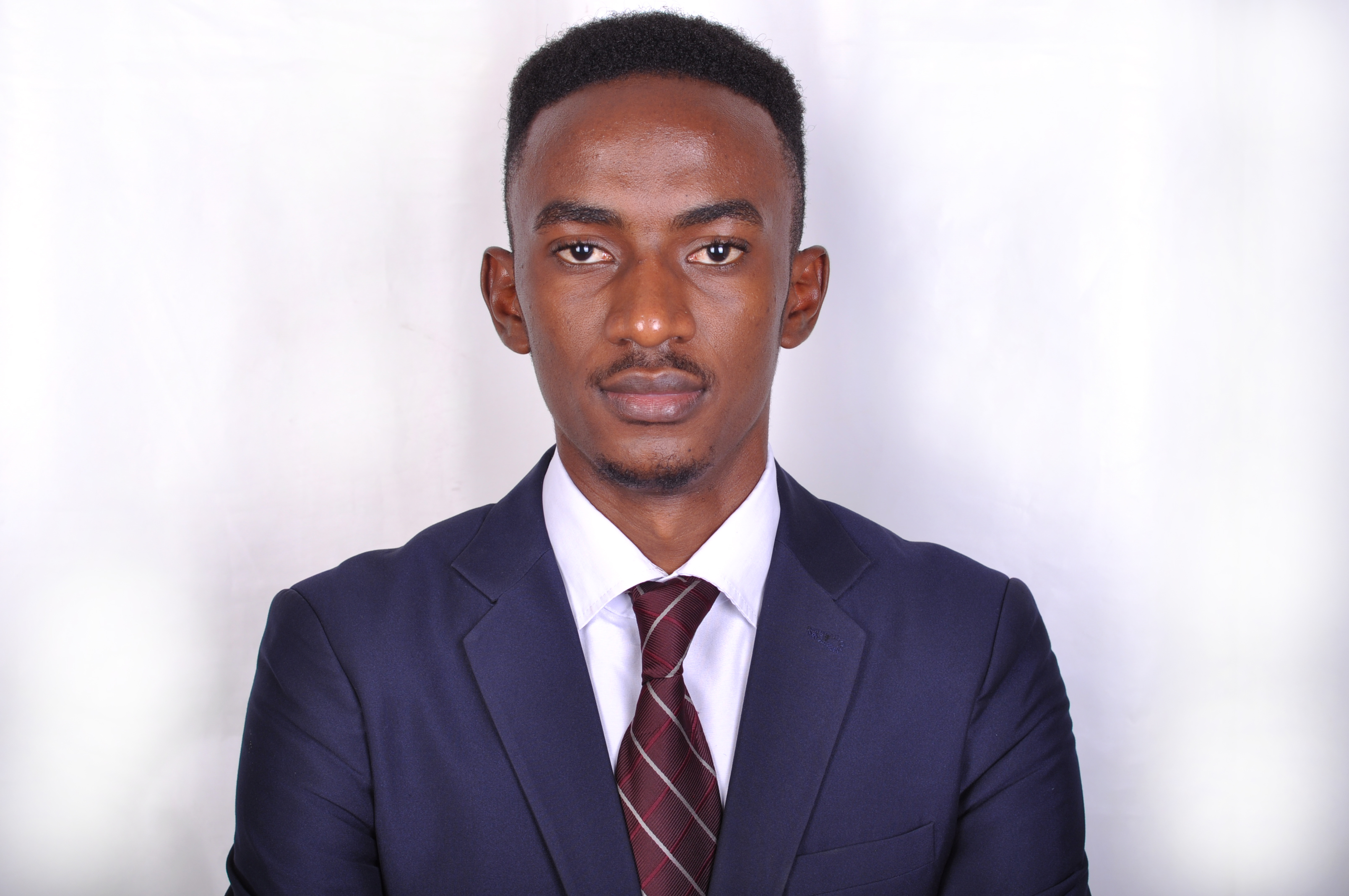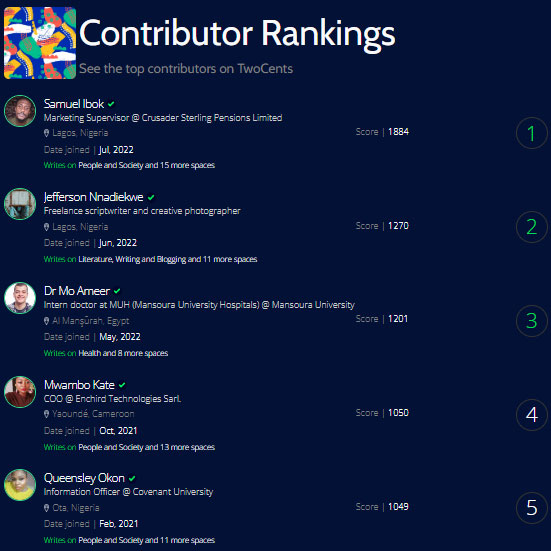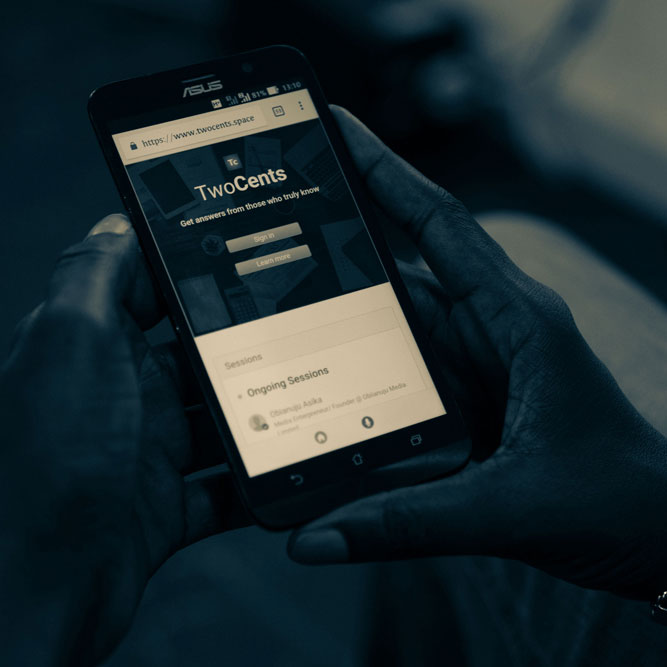This Session has closed
TwoCents
Generally, does Africa have acceptable standards of human rights and national security? If not, How far away are we from it?
TwoCents
Is there a difference between National security and Human security? If so, what is it? And which is to come first?
TwoCents
Is it possible to realize basic human rights by the government at any given point in time when resources are limited?
TwoCents
What measures should we take in the maintenance of world peace and security as stipulated by the UN Charter?
TwoCents
What statutory organizations have been created to protect human rights in Africa and have they been able to do so successfully?
TwoCents
Does Religious extremism have an effect on National security?
TwoCents
If you were to pick an African country with a poor blend of Human rights and national security, which would it be? And Why?
TwoCents
If you were to pick an African country with an Acceptable blend of Human rights and national security, which would it be? And Why?
The preamble of the African Charter enumerates a list of basic Human Rights norms that must be applied by every state party. In a bid to bridge the gap between human and People's right and the protection/preservation of different cultural values in Africa , the Charter ensured the creation of the African Commission on Human and People's Rights from its Article 30 et seq. Article 62 of the charter compels each member state to submit every 2 years a report on the legislative or other measures taken to ensure rights and freedoms recognised and guaranteed by the charter. Hence in cases of those African countries that still maintain a strong attachment to long standing cultural practices that violate human rights, article le 61 of the charter stipulates that; once such cases are brought before the commission, considerations as subsidiary measures will be made to determine the principles of law , other general or special international conventions, laying down rules expressly recognised by member states of the Organisation of the African Unity, African practices consistent with international norms on human and People's Rights, customs generally accepted by law, general principles of law recognised by African states as well as legal precedents and doctrine .
Thanks Mr. Yepmo for your question. In response , I wish to state that Human Rights are basic rights belonging to all of us simply because we are humans . These rights embody the key values in our society such as fairness, dignity, equality and respect for each other .These rights are very important means of protection for us all, especially those who may face abuse , neglect and isolation , there it is an extreme state obligation and the international community while adopting national security approach, must take special considerations on human rights issues . Therefore it is not your obligation or duty to ensure national security measures do not affect your rights as a human it is a state obligation along side the international community. That is why under resolution 395 on the human rights situation in the Republic of Cameroon ,The Africa Commission in 2018 met at its 62nd ordinary session in Nouakchott, Mauritania and condemned the breach of mandatory provisions of the charter by the State of Cameroon through the use of force and provided a road map to the Cameroonian government towards the promotion of human rights in the state of Cameroon.
For example; female genital mutilation (FGM) is one of the most prevalent harmful practices against women and girls. It is on record 80 percent of this form of rights abuse on women and young girls happen in Africa, with Somalia being the highest with about 98 % their girls having undergone such a gruesome experience. There are some Cameroon's ethnic groups that believe in FGM as a means to keep women faithful to their husbands , reduction of sexual immorality among women, removal of sexual ambiguity and improving genital esthetics . This practice use to be common with the Ejagham tribe(where I come from) in the South West region of Cameroon. Reliable information equally hold that , about 20%of girls in some communities around Kouserri were circumcised on 2010 , but by 2015, it dropped to about 2% and unfortunately went up to about 10% by 2018. Other passive examples could be found around the Northwest Region where a widow and children are deprived of property left by their deceased father. Fortunately the is a recent penal legislation in Cameroon that protects widows in this regard . Thirdly cultural norms where a widow is forced (against her will) to marry her deceased husband's brother(this can commonly be found around the Northwest Region of Cameroon) etc etc .


 1551
1551
 3
3






 Share this session
Share this session





 Bamenda, Cameroon
Bamenda, Cameroon




































Comments